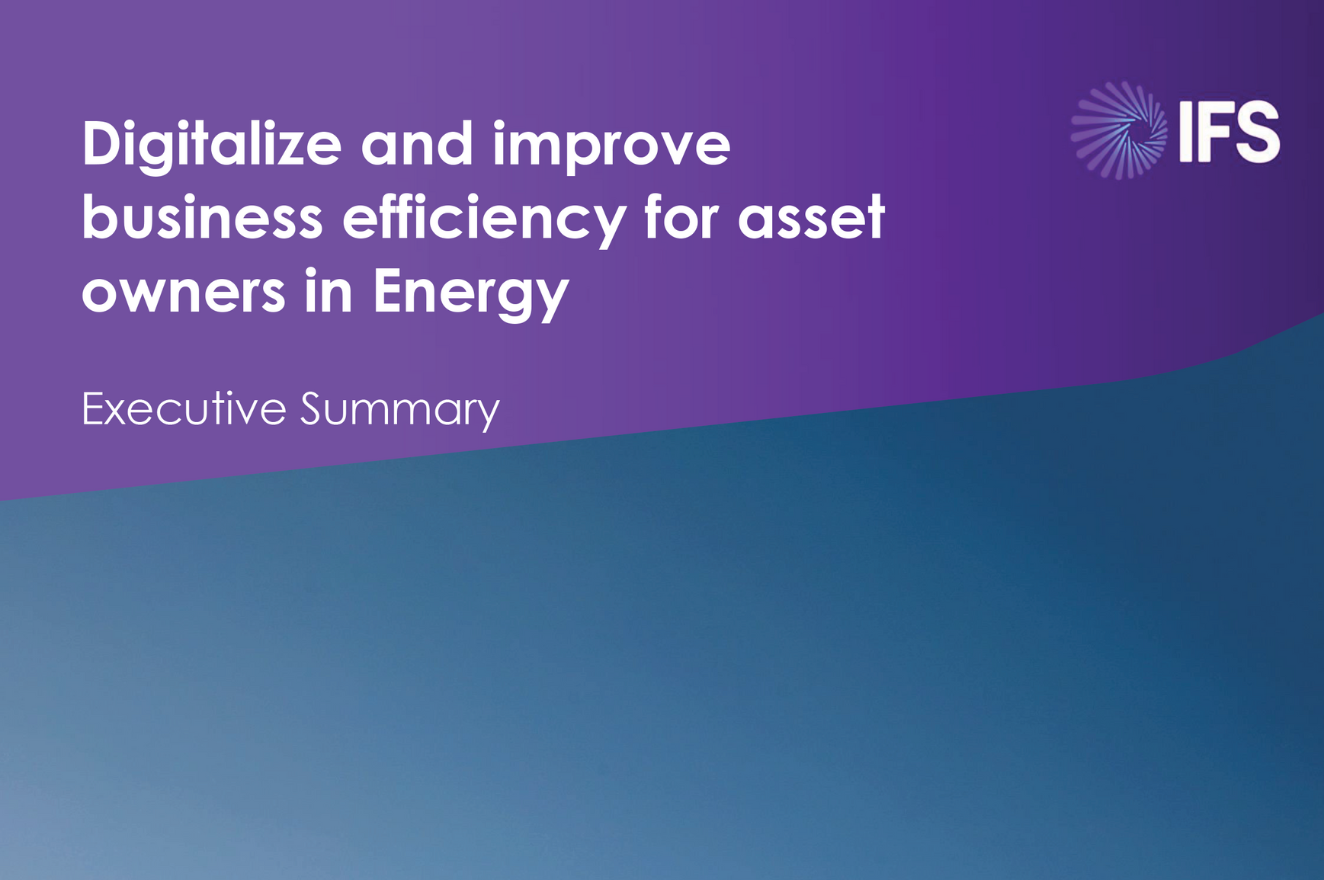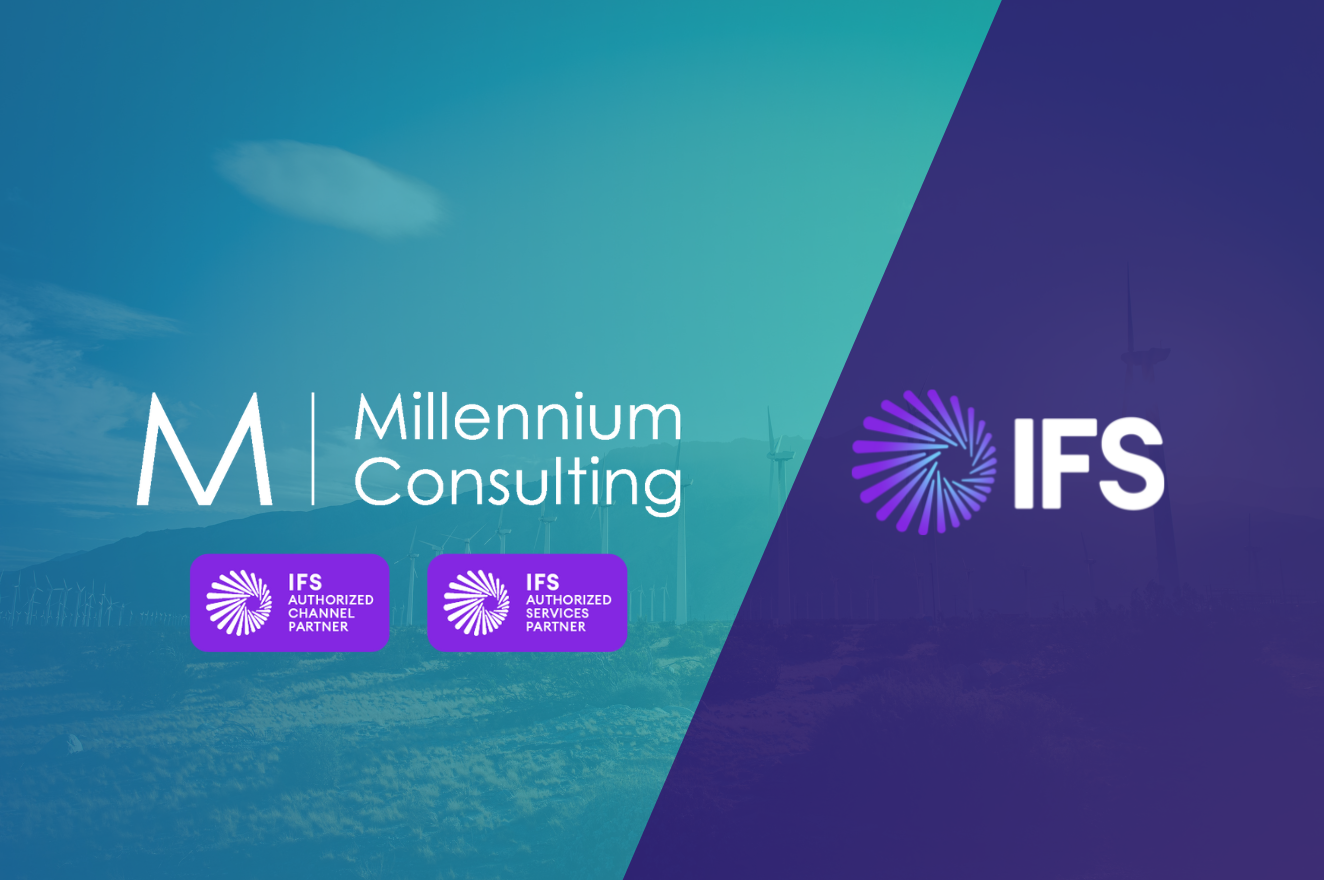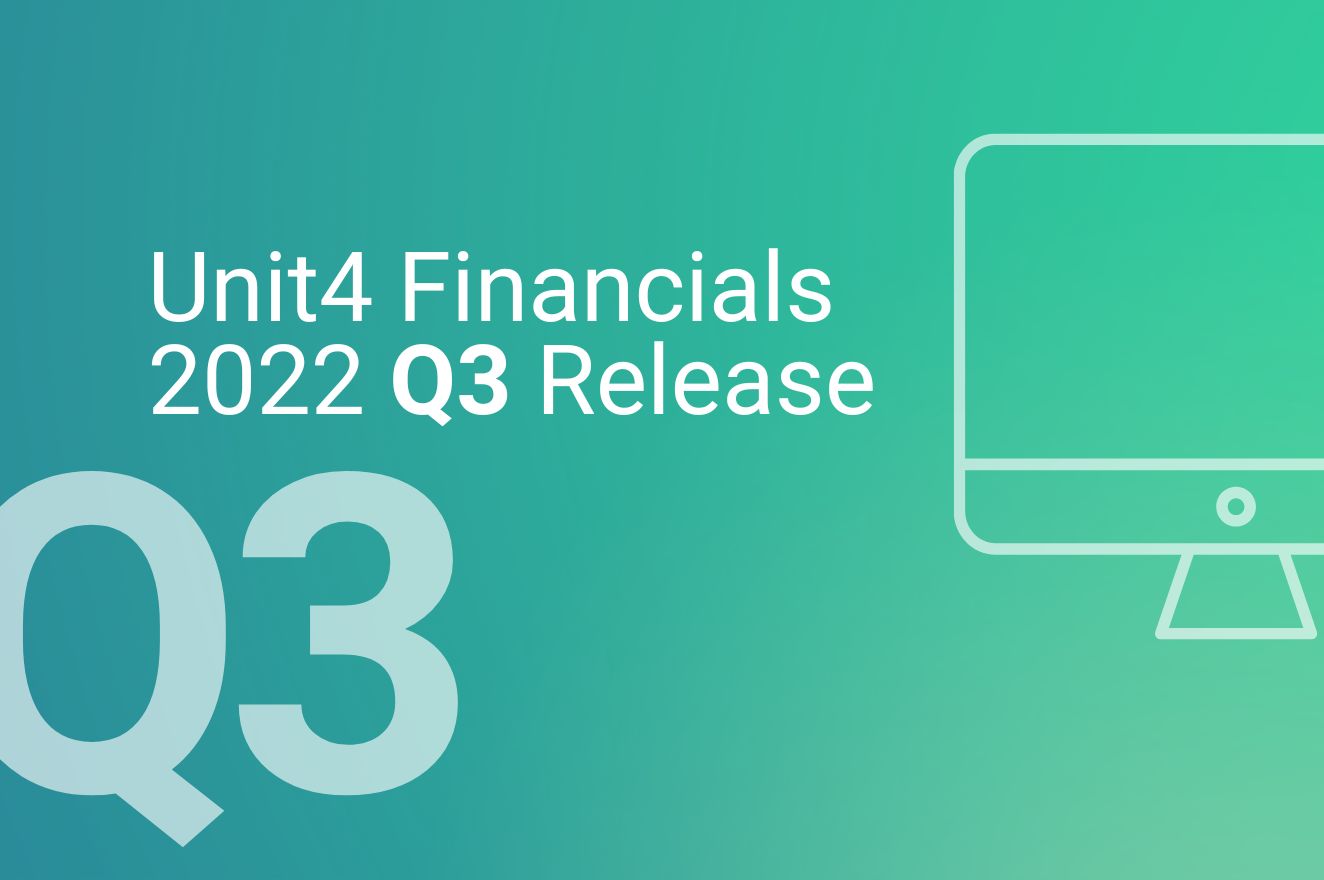Millennium Consulting recognised as top Unit4 Financials Coda Partner
23rd November 2022
Millennium Consulting Recognised as Top Unit4 Financials by Coda Partner in 2022 Report
Millennium Consulting are delighted to report we have been recognised as the top Unit4 Financials by Coda Partner in the latest Raven Intelligence Guide.
The annual report ‘Guide to Top Unit4 Implementation Partners’ showcases the recommended Unit4 implementation partners based on customer reviews. Released on 22nd November 2022 this report highlights Millennium’s near-perfect score of 4.8/5 with 46 positive reviews to date.
“The Raven Intelligence feedback from our clients speaks volumes for who we are as a business. A customer endorsement is always the best type of confirmation of the high quality of our work. These reviews consistently emphasise the collaborative nature of how we deliver projects and how we work with our customers to deliver a 5* service."
— Jeremy Lucas, Chief Operating Officer, Millennium Consulting
Raven Intelligence is an independent peer review site that helps Enterprise Software customers find, hire, and review the best consulting partner for their implementation.
“The voice of customers speaks volumes, and Raven Intelligence provides a way for Unit4 customers to share their experiences for their peers to benefit from. Millennium Consulting has consistently outperformed industry averages and has received high marks for satisfaction, quality of consulting team and service delivery. They should be in consideration for any Unit4 consulting project.”
— Bonnie Tinder, Founder & CEO, Raven Intelligence
If you’re thinking of undertaking an upgrade, a systems review, transformation programme or are getting set to make the move to ERP or ERPx, get in touch to find out how we can help with that journey.
Building Cyber Resilience for 2023 and beyond
November 2022
Building Cyber Resilience for 2023 and beyond
A guide for business leaders
- Cyber resilience defined
- The current threat landscape
- Barriers to resilience
- Building resilience: steps to take
There was a time when cyber was seen almost exclusively as an IT concern. These days, cyber security and risk management need to be viewed as a board-level issue, directly impacting finance, compliance, operations, customer relations – and indeed, every corner of the business.
The cyber security basics – measures such as systems protection, security infrastructure, user controls and safe data handling – are as crucial as ever. And as threat actors and their methods evolve, there will always be the need to ensure your cyber security toolkit is fit for purpose.
But alongside cyber security, it is also vital to focus on cyber resilience. This is the realisation that – try as you might – not every threat can be stopped and not every risk can be entirely mitigated. Resilience describes your ability to anticipate, prepare for, withstand, respond to and recover from whatever may be around the corner.
Read on to have a closer look at the need for resilience in the context of the current threat landscape, the barriers to it, and the steps required to build it.
The Future of Energy and Utilities
August 30, 2022
IFS Partnership announcement
August 30, 2022
ESG in focus: your essential guide
July 6, 2022
Looking at the Diary Function in Unit4 Financials
June 21, 2022
Building recession-proof resilience: Is technology the corporate accountant’s ‘secret weapon’?
October 2022
This is no time for finance professionals to retreat to the safe space of transactional work and basic number crunching. Businesses need resilience, and as Millennium Consulting COO, Jeremy Lucas explains, the right technology should put the finance team in the driving seat to deliver it.
We’ve been here before…
From high inflation and borrowing costs, squeezed customer budgets, lingering supply chain woes, through to growing geo-political instability; it’s difficult to imagine how the prevailing dynamics could be any more complex.
At times like these, a little perspective is always welcome. Across the three decades, Millennium Consulting has been in business, this isn’t the first major storm we’ve enabled our clients to weather, and it probably won’t be the last. If experience has taught us anything it is that when businesses are hit by a major challenge, the ones that thrive tend to have certain things in common. They are pragmatic, can change direction quickly, take remedial action, and capitalise on new opportunities.
What we are really talking about is resilience: the ability to protect the business in the face of rapidly changing events. Granted, few of us could predict with confidence what special blend of challenges businesses will be facing this time next year (or even next quarter). But what makes certain companies stand out is the fact that they are resilient by design: they have both the technological capabilities and the mindset to respond to events, whatever shape those events may take.
And while the prevailing mood outside may be one of concern, we’re encouraged by two recent trends. Firstly, the desire on the part of finance leaders to turn their divisions into fully-fledged business partners has never been greater. If businesses are going to make the right decisions at the right time, finance knows that it can and should be in the driving seat, sharing accurate data promptly, collaborating with stakeholders and generating solutions.
Secondly, we look back on how technology has advanced and matured since the last major downturn. The sheer breadth of capabilities offered by best-in-class finance management solutions is more impressive than ever. What’s more, through the continued evolution of enterprise resource management (ERM) software, advanced capabilities such as AI-driven forecasting and integration of operational and financial analysis are within reach of virtually all businesses.
Both the willingness and the technological capabilities to build resilience are present. So how do you transform your own organisation into a resilient one? Here are a few points to bear in mind…
When retrenchment is called for, it becomes tempting to put the whole idea of process transformation and new technological investments on hold. In fact, more corporate businesses are investing in boosting their capabilities right now than two years ago. They realise this is precisely the time to future-ready the finance function, not to make transformation initiatives a casualty of cuts.
It becomes very difficult to deliver the type of analytical and advisory input the wider business needs if your team is mired in routine transactional processes, manual processing, and error rectification.
Assess just how much time is taken up with processes such as invoicing, close and consolidation, intercompany transactions, matching, reporting and eliminations. These processes are often the prime candidates automation. To visualise how those processes could be optimised effectively within your organisation, it could be the ideal time to take a closer look at the automation of manual processes in Unit4 Financials.
When a potentially significant event occurs, its effects are rarely confined to a single area of the business. For finance to understand what’s happening, you need a holistic view of the entire organisation, including the ability to view and analyse data from across the business all in one place, aligning operational planning with your overall business strategy.
LinkedIn’s recent Skills Advantage report shows how employees “want more from their employers than just a paycheck”. Among ambitious finance team members, there’s often a desire to be stretched. Rather than just running up a report or annual plan, they want to collaborate in making decisions and in driving the bottom line.
The next generation of planning and analysis tools enable all operational and financial planning processes to co-exist within a single platform. Data can be mined allowing a real time understanding of what really makes the business tick, allowing more accurate and up to date forecasting, and the generation of analysis the information that speaks directly to the challenges faced by the business.
At present, finance teams are competing for talent. Making these advanced analytics capabilities available is not only good for the business, but also in setting out your credentials as a place where career advancement possibilities are very real.
Perhaps you attempted a shift to automated financial management in the past, but the results were less beneficial than anticipated? On the planning side, has a solution been half-implemented before being quietly shelved?
Not all aspects of digital transformation will be successful in their first iteration. However, the chances are that the drivers that first led you to attempt the project have become stronger than ever over the last few months. Perversely when recession looms, businesses should not be afraid to fail fast and learn and to get your shelved initiatives back on track, expert project recovery input is here if you need it.
What next?
With almost 30 years of helping businesses solve their most pressing challenges, Millennium Consulting is ideally placed to help you weather the current storm. For a full assessment of your needs and expert input on how to hardwire greater resilience into your current accounting, planning and decision-making processes, speak to us today.
How to use the intercompany functionality in Unit4 Financials
September 2022
For organisations comprising multiple corporate entities, Unit4 Financials intercompany functionality can mean more accurate transaction reporting, a lower compliance risk and a possible saving of hundreds of hours of valuable accounting time.
Here’s a closer look at how to put this functionality to work…
Understanding intercompany functionality
When the Unit4 Financials intercompany function is enabled, when you upload a transaction to the books of one company, the sending company document lines are automatically transferred and posted in another company (i.e. the ‘receiving company’).
The transfer takes place using intercompany processing (known in Unit4 Financials as ‘trace’). When the trace has been run, control postings are made in both the sending and receiving companies so that the transactions balance in each company.
You can also send document lines along a chain of companies (a process called forwarding).
Video demonstration
The following video takes a closer look at intercompany functionality in action. This includes:
• How to enter an intercompany transaction directly into Financials
• How to process a journal and run the intercompany processing
• Information on what master documents and templates are required to make the process work (your system administrator should have access to the masters and will be able to set this up for you)
In the video, we use Unit4 Financials for data entry, but you could set up a code Excel template, and this would do the same job for you.
How to unlock the full value of Unit4 Financials
From best practice advice, system optimisation and configuration through to migration from legacy systems, Millennium Consulting enables organisations to realise maximum return on their Unit4 Financials investment. For expert input from an Elite Unit4 partner, speak to us today.
Webinar: Best Practise in Complex Billing
September 2022
Enhance your Unit4 Financials System
Discover how our modules and add-ons can improve performance and drive efficiency in your accounting process. Get in touch with our Unit4 Financials experts to begin the transformation of your finance function.
Unit4 Financials 2022 Q3 Release
September 2022
Unit4 Financials 2022 Q3 was made available on 13 September 2022.
The new release contains all the previous Unit4 Financials functionality and new features. Plus, many additional customer requested fixes, highlighting the importance of logging enhancements via Unit4’s Community 4U.
Highlights of the 2022 Q3 release include:
Finance
- Unique index columns updated to not-nullable
- New task: table link element housekeeping
- New task: table link document housekeeping
- Clients can request access tokens from OpenID Connect providers
- Microsoft SQL Server specifiable ODBC Connection String
Addons
- Clients running on FIPS-enabled Windows systems
Deprecated features
- .NET router – The .NET router has been deprecated. The final release has not been determined.
- COM router – The COM router has been deprecated. This release, 2022 Q3, is the last to include the COM router.
General Fixes/Updates
- Workflow attachments can now be removed and added without error during the workflow process.
- The Configuration guide has been updated to remove redundant session management timeout settings.
- New metadata presenter field URL Prefix is now optional making the import compatible with exports from an earlier release.
- Merging two assets together does not now create a superfluous extra manual transaction.
- Billing Table Link no longer creates a document header without detail lines.
- Weekly interval scheduled tasks now continue to run after a year has elapsed since they were created.
- Periods (full stops) are no longer removed from external reference fields when uploading a statement via the statement load master.
- Pay can now display external reference URL and user reference URL.
- Export from Browse Details was not displaying external reference URL correctly.
- When a reversing document is posted and subsequently a partial match is performed on one of its lines, Financials no longer creates spurious document lines with no document headers.
- A primary key issue on the oas_himint table has been resolved so that, for example, it is now possible to update two or more financial years via hierarchies correctly.
- Certain vocabulary items on a Selector Master were incorrectly defaulting to always being mandatory.
- For input templates, prevent the repositioning of the remove line checkbox from corrupting existing input template customisations.
- Export to Excel from Browse Details no longer fails due to invalid characters.
- Reconciliation no longer displays a serious error when selecting the ‘From hard copy’ source.
- The punchout supplier configuration has been enhanced to allow user literals.
- Customising the Tax number field off the supplier search results form, now results in the field correctly disappearing.
- XL Journal Loader has been corrected to allow posting to multiple companies.
The Release Notes detailing the fixes and features within this release can be found in the Documentation area on Unit4’s Community 4U.
Read here to find out when Financials updates are scheduled for 2022, along with important information for legacy V13 and V14 users.
Millennium Consulting are accredited by the Good Business Charter
September 2022
We are pleased to announce Millennium Consulting have been fully accredited by the Good Business Charter and are now recognised for their responsible business practices, such as fairer hours and contracts, employee wellbeing, ethical sourcing and environmental responsibility.

The Good Business Charter is an accreditation which organisations in the UK can sign up to in recognition of responsible business practices. It measures behaviour over 10 components: real living wage, fairer hours and contracts, employee well-being, employee representation, diversity and inclusion, environmental responsibility, paying fair tax, commitment to customers, ethical sourcing, and prompt payment. An organisation must meet all 10 commitments to receive GBC accreditation.
"Millennium is delighted to have been accredited with the Good Business Charter. Our core business practises revolve around being ethical and the award demonstrates to our team, partners and clients that we are completely committed to responsible business practises and continuous improvement."
— Jeremy Lucas, Chief Operating Officer at Millennium Consulting
Find out more about the Good Business Charter.
Does your 2023 proposed budget include your Unit4 Financials infrastructure?
August 2022
Does your 2023 proposed budget include your Unit4 Financials infrastructure?
As the budgeting season for 2023 gets underway now is the ideal time to turn your attention to your finance ecosystem to determine what changes would like to make for the rest of the year and into 2023.
Areas for improvement:
Process automation
Upgrading
Training
Cloud
Migration
FP&A
Streamline operations
Whether your journey in 2023 is to continue with Unit4 Financials or to upgrade to ERP or ERPx, we are here to support you.
Why choose Millennium for Unit4 Financials?
We are an Elite Unit4 Partner with more than 27 years of experience working with Unit4 Financials. That means we have the knowledge and experience to design, implement and support the right Unit4 Financials solution for your business.
Digitalise and improve business efficiency for asset owners in Energy
August 2022
IFS is the market leader providing business software to the energy industry, working with more than 400 projects and/or asset-driven companies.
Many of the companies in the energy industry are diversifying away from major reliance on oil & gas revenue and embracing the journey to net zero—and, more specifically, renewable opportunities. This requires them to adopt an agile mindset and ensure that their enterprise software solutions are flexible enough to support new business models and ways of working.
This white paper explores ways for asset owners to digitalize to improve business efficiency, reducing cost and secure asset uptime with built-for-purpose supply chain management.
The Future of Energy and Utilities
August 2022
Build a better future for Energy and Utilities
There’s a bold new future ahead for the energy and utilities sector
The global movement towards sustainable energy and carbon-free solutions is driving significant change. As is the move to build and service smart, connected cities and communities.
Ensure that your business is able to keep up with these industry changes and focus on services and outcomes instead of products that will allow you to orchestrate your customers, people, and assets as your business transforms.
This white paper will outline some of these key challenges in the Energy and Utilities sector, and highlight practical ways to deliver the Moment of Service that will delight your customer—time after time.


















